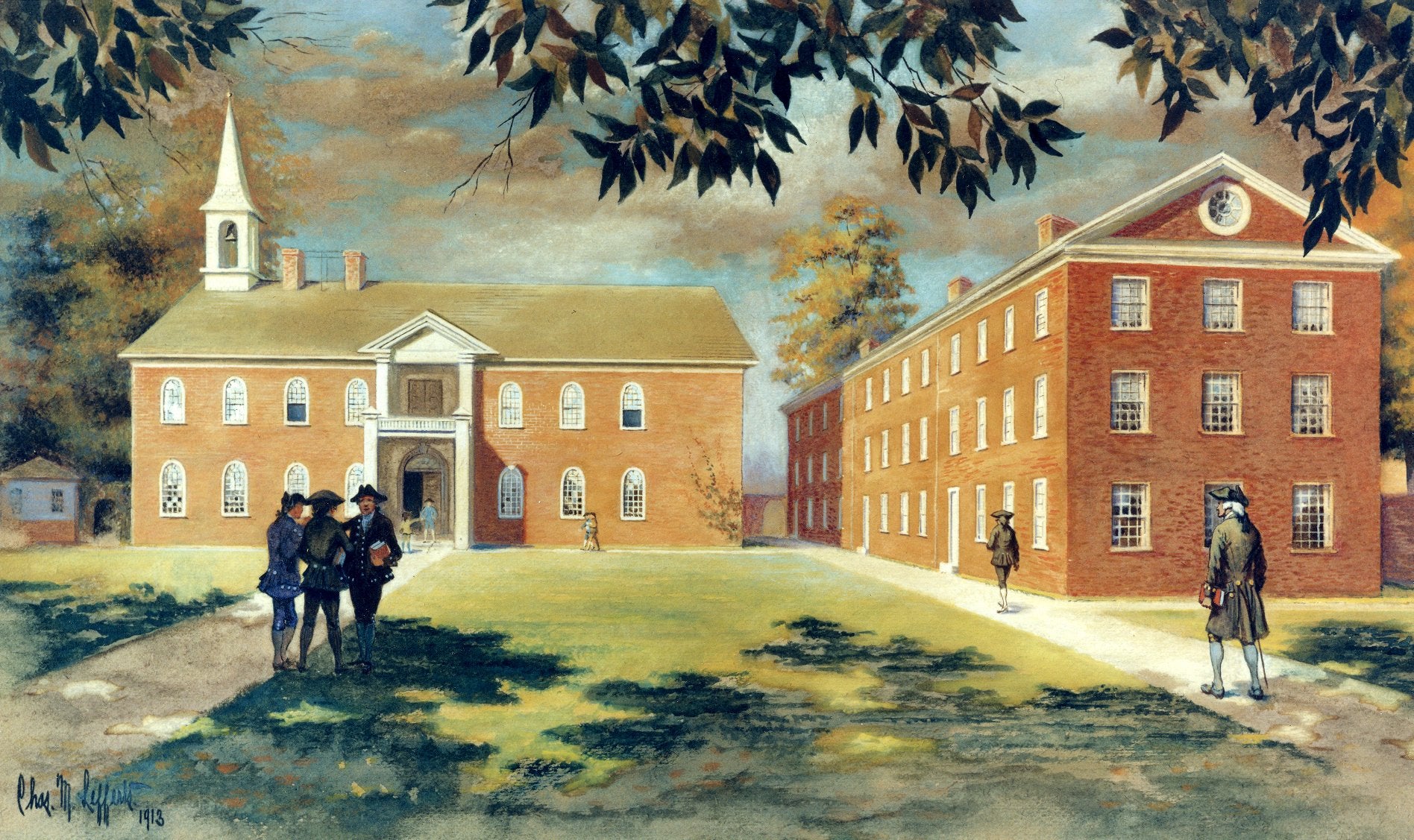James Searle was probably born in New York, the son of Catherine Pintard and John Searle. The fluid writing style and frequent use of Latin phrases in his correspondence suggest that he received an excellent early education. At about age sixteen, he traveled from New York to Madeira where he spent sixteen years with his brother John in the trading firm of John Searle & Company. During these years, he married Ann (Nancy) Smith of Waterford, England, in 1762.
When he returned to America in 1765, James Searle settled in Philadelphia to act as an agent for his brother and to engage in his own business ventures. During this period he amassed great wealth, only to lose his wealth through bad decisions made in his absence during the American Revolution.
Searle was an ardent American patriot even at the beginning of the Revolution. He signed the 1765 Philadelphia non-importation agreement, on his return from England in 1775, became a lieutenant-colonel in the militia. In 1778 Searle was elected to the Continental Congress. As a congressman he quickly became allied with the most radical faction in the government, and became known for his dislike and distrust of Silas Dean. Searle’s wife also became a leader among the patriotic women of Philadelphia. In 1780 Searle was selected by Pennsylvania to be a special envoy to Europe, with the mission of securing loans to the state which would then be used to buy munitions and other war materials. On the continent he met with little success, finding it even more difficult to borrow money for a single state than for the Congress.
In 1781, after the death of his wife, Searle returned to Philadelphia where he found himself in financial straits, culminating in 1787 with the threat of bankruptcy. To his good fortune, in 1788 he was given a job with steady income as an agent for a Madeira trading company, which allowed him to reestablish himself in Philadelphia and to live out his days in comfort, if not in the wealth he had once enjoyed. He married Isabella West, of Monmouth County, New Jersey, in 1785, and together they had several children.
Searle served as a trustee of the University of the State of Pennsylvania (now the University of Pennsylvania) from 1779 until his resignation in 1781.

